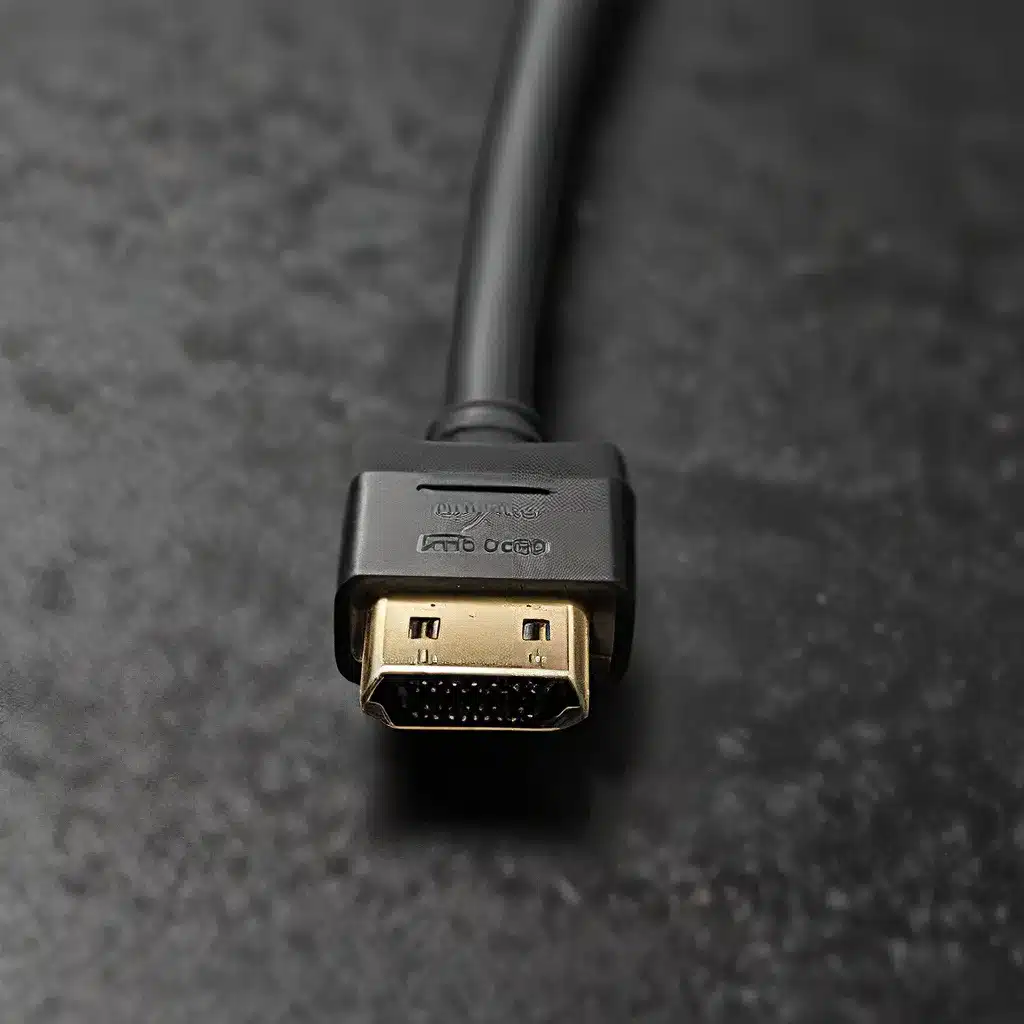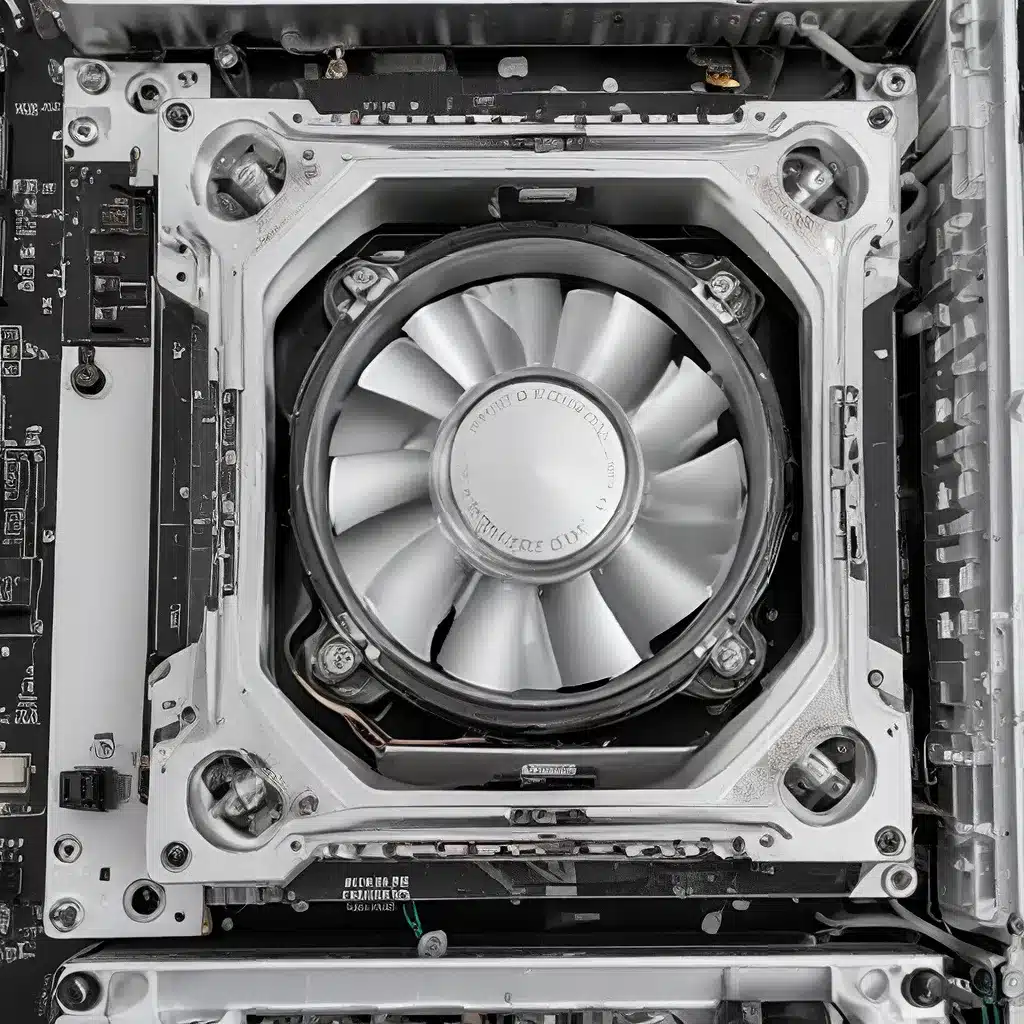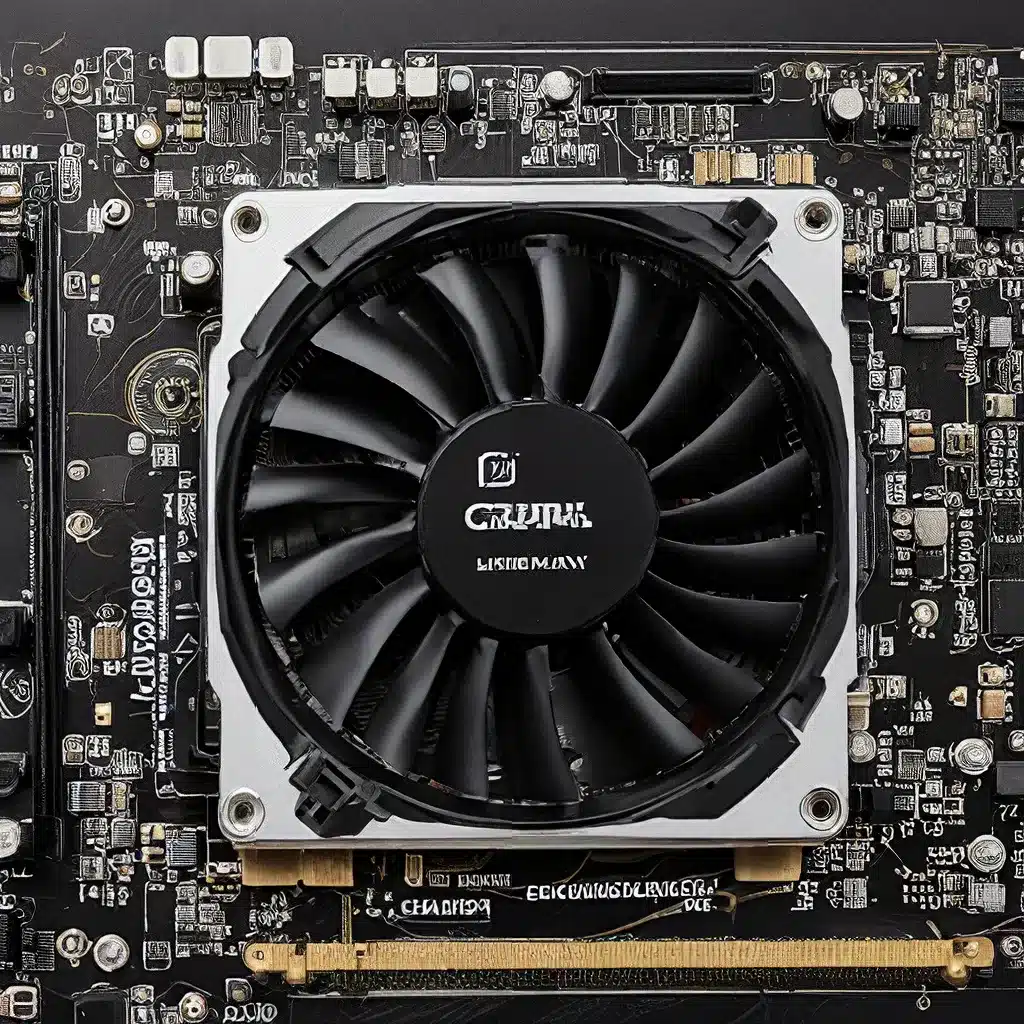As someone who’s been tinkering with computers and networks for as long as I can remember, I’ve always been fascinated by the evolution of home networking technology. And when it comes to the current mesh router landscape, the battle between Google WiFi, Linksys Velop, and Netgear Orbi is truly a sight to behold.
The Rise of Mesh Networking
Gone are the days when a single router tucked away in the corner was enough to blanket your entire home with reliable Wi-Fi. As our households have become increasingly connected, with multiple devices like smartphones, laptops, smart TVs, and IoT gadgets all vying for a slice of that precious bandwidth, the humble router has struggled to keep up.
This is where mesh networking systems have swooped in to save the day. Rather than relying on a single access point, mesh networks employ a collection of interconnected nodes, or “points,” that work together to create a seamless, whole-home Wi-Fi experience. [1] By strategically placing these nodes throughout your living space, you can eliminate those pesky dead zones and ensure a strong, consistent signal no matter where you roam.
The Contenders
In the mesh router arena, three heavyweights have emerged as the top contenders: Google WiFi, Linksys Velop, and Netgear Orbi. Each of these systems has its own unique strengths and weaknesses, and the decision of which one to choose can be a daunting task.
Google WiFi: A Simplistic Approach
Google WiFi is the quintessential “set it and forget it” mesh router. With its clean, minimalist design and user-friendly mobile app, it’s the perfect solution for those who want a hassle-free way to boost their home Wi-Fi. [2] Simply place the individual access points around your house, connect them to your existing internet modem, and let Google’s algorithms handle the rest.
One of the standout features of Google WiFi is its seamless roaming capabilities. As you move throughout your home, your device will automatically connect to the nearest node, ensuring a smooth and uninterrupted internet experience. The system also boasts excellent performance, with the ability to handle multiple simultaneous 4K video streams without breaking a sweat.
Linksys Velop: A Mesh Powerhouse
If you’re looking for a more feature-rich mesh solution, the Linksys Velop might be the way to go. This system offers a wide range of customization options, from advanced QoS (Quality of Service) settings to the ability to create separate guest networks. [3] The Velop also packs a serious punch in terms of raw performance, with support for the latest Wi-Fi 6 standard and the ability to achieve blazing-fast speeds across large homes.
One of the key advantages of the Velop is its modular design, which allows you to easily expand your network by adding additional nodes as your needs grow. This flexibility is particularly useful for those with large or sprawling homes, where a single router simply won’t cut it.
Netgear Orbi: The Versatile Powerhouse
If you’re looking for a mesh system that can handle everything from small apartments to large, multi-story homes, the Netgear Orbi might be the perfect fit. This robust system offers a range of models to choose from, each with its own unique set of features and capabilities. [4]
One of the standout aspects of the Orbi is its impressive wireless performance. The dedicated backhaul channel, which is used to communicate between the main router and the satellite nodes, allows for lightning-fast data transfers without sacrificing your overall network bandwidth. This makes the Orbi an excellent choice for households with heavy media consumption or online gaming demands.
Head-to-Head Comparison
Now that we’ve had a chance to explore the individual strengths of each mesh router system, let’s take a closer look at how they stack up against one another:
| Feature | Google WiFi | Linksys Velop | Netgear Orbi |
|---|---|---|---|
| Design | Minimalist, compact | Sleek, modern | Unique, satellite-based |
| Expandability | Up to 5 nodes | Modular, can add more nodes | Wide range of models |
| Performance | Excellent, up to 1.2 Gbps | Cutting-edge, up to 4.2 Gbps | Impressive, up to 6 Gbps |
| Ease of Use | Very user-friendly | Customizable, but more complex | Straightforward setup |
| Price | $99 per node | $199 per node | $199 for router, $249 for router+satellite |
As you can see, each of these mesh router systems offers its own unique strengths and weaknesses. Google WiFi excels in simplicity and user-friendliness, Linksys Velop shines in customization and performance, and Netgear Orbi provides a versatile, high-powered solution for larger homes. [5]
The Verdict: Which Mesh Router is Right for You?
Ultimately, the choice of which mesh router to go with will depend on your specific needs and preferences. If you’re looking for a hassle-free way to improve your home Wi-Fi and don’t need a ton of advanced features, Google WiFi is a fantastic option. [6] On the other hand, if you’re a power user with a large home and a need for lightning-fast speeds, the Netgear Orbi might be the way to go.
And for those who want a balance of performance and customization, the Linksys Velop could be the perfect compromise. [7] Just be prepared to put in a bit more time and effort to get it set up and configured to your liking.
No matter which mesh router system you ultimately choose, you can rest assured that you’ll be taking a giant leap forward in your home networking capabilities. So why not give one of these amazing devices a try and say goodbye to those pesky Wi-Fi dead zones for good? [8]













